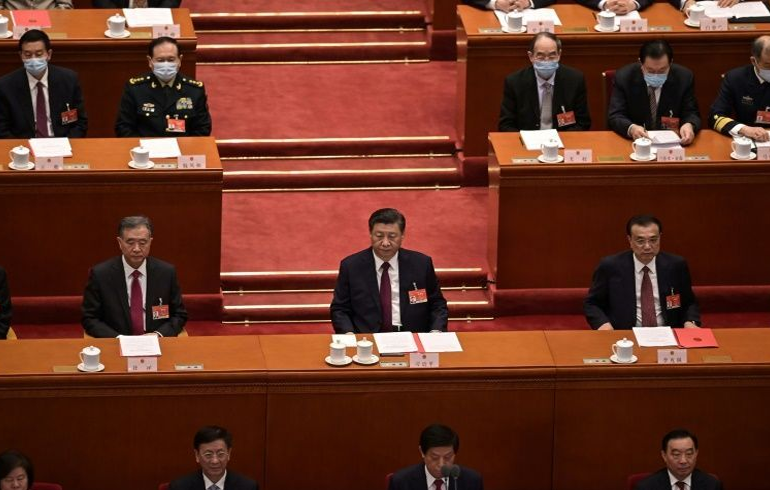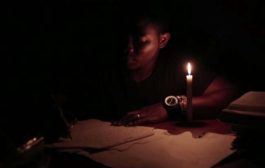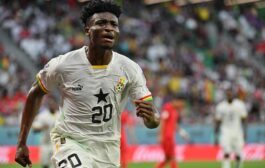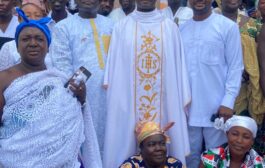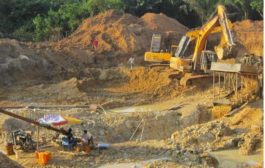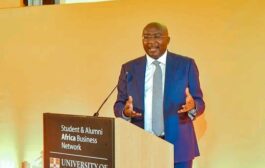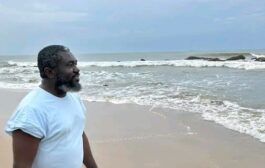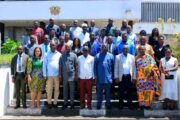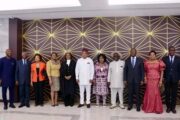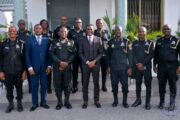China’s legislature has approved a controversial resolution, paving the way for Hong Kong’s electoral system to be overhauled in its latest move that will tighten control over the city.
The “patriots governing Hong Kong” resolution was passed at the National People’s Congress on Thursday.
It will reduce democratic representation and allow a pro-Beijing panel to vet “patriotic” candidates.
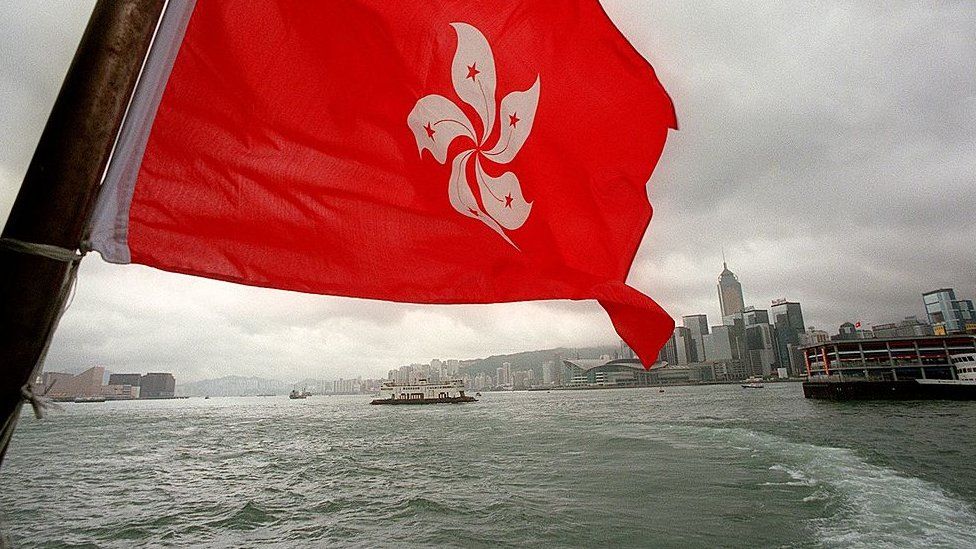
It had been widely expected to pass through parliament.
The resolution was passed with 2895 votes for, zero votes against, and one abstention. The vote took place during a meeting of the NPC at the Two Sessions, China’s most important political conference.
Detailed legislation will now be drafted and could be enacted in Hong Kong within the next few months.
Critics say the reforms would effectively wipe out any remaining opposition when enacted.
It is the latest in a series of moves that have tightened Beijing’s grip on Hong Kong, including the passing of a national security law and a crackdown on activists and opposition politicians.
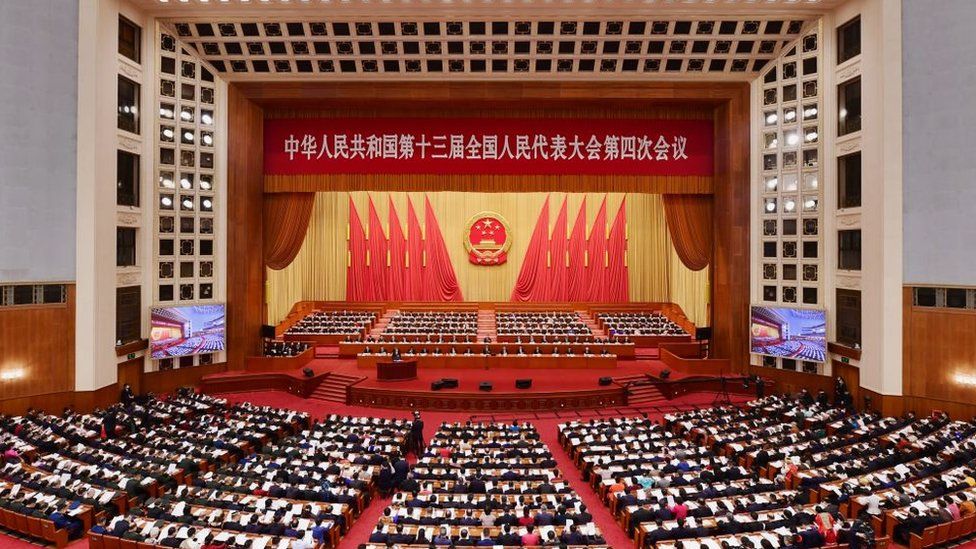
What does this mean for Hong Kong?
Hong Kong’s parliament – or Legislative Council (LegCo) – helps to make and amend Hong Kong’s laws.
It is made up of 70 seats – but only about half are directly voted for by the public. In recent years some of the seats been filled by pro-democracy figures.
The other half has mostly been filled by smaller groups representing special interests such as business, banking and trade, sectors which are historically pro-Beijing.
When the law is enacted, it would give Hong Kong’s heavily pro-Beijing electoral committee new powers over LegCo.
The committee would effectively be able to vet all LegCo candidates and elect many of its members, diluting the number directly elected by the public.
At the start of the NPC last week, vice-chairman Wang Chen had announced that changes were needed as “the rioting and turbulence that occurred in Hong Kong society reveals that the existing electoral system has clear loopholes and deficiencies”.
He said “risks in the system” needed to be removed to ensure “patriots” were in charge.
Benjamin Hillman, a professor at the Australian National University, told the BBC the decision was “a major shake-up of Hong Kong’s politics—the biggest since the territory’s return to China in 1997”.
“The sweeping changes will dramatically restrict the space for political contestation in Hong Kong, which is the singular objective of the new rules,” he said.
What has Hong Kong’s reaction been like?
It’s mixed. In an earlier interview with BBC Chinese, one resident called it a “step backwards”.
“What they’re really referring to [when they say ‘patriot’] is that they will pick the people that they like, someone who is one of them… Basically it’s a step backwards, becoming more and more like the mainland,” he said.
“Basically it is now very hard to have an election. Because they don’t even allow you to have a little voice of opposition – what more an election?”
But another resident, identified as Ms Ho, said she supported the law, adding “without the patriotic mindset, then one has no way of governing Hong Kong.”
“Hong Kong has already returned [to China]. So under this situation, the Chinese government’s law should be the framework for our [patriot law],” she said.
What’s the context to all this?
Hong Kong was handed back to China from British control in 1997, but under a unique agreement – a mini-constitution called the Basic Law and a so-called “one country, two systems” principle.
This is supposed to protect certain freedoms for Hong Kong: freedom of assembly and speech, an independent judiciary and some democratic rights – freedoms that no other part of mainland China has.
But fears that this model was being eroded led to huge pro-democracy protests in 2019.
Some protests turned violent and last year, the NPC passed a controversial national security law, which effectively reduces Hong Kong’s autonomy and made it easier to punish demonstrators.
Beijing said the law would target “sedition” and bring stability.
Since the law has been enacted in June, around 100 people have been arrested, including China critic and media tycoon Jimmy Lai, who was denied bail and is in detention awaiting trial.
Source: BBC



